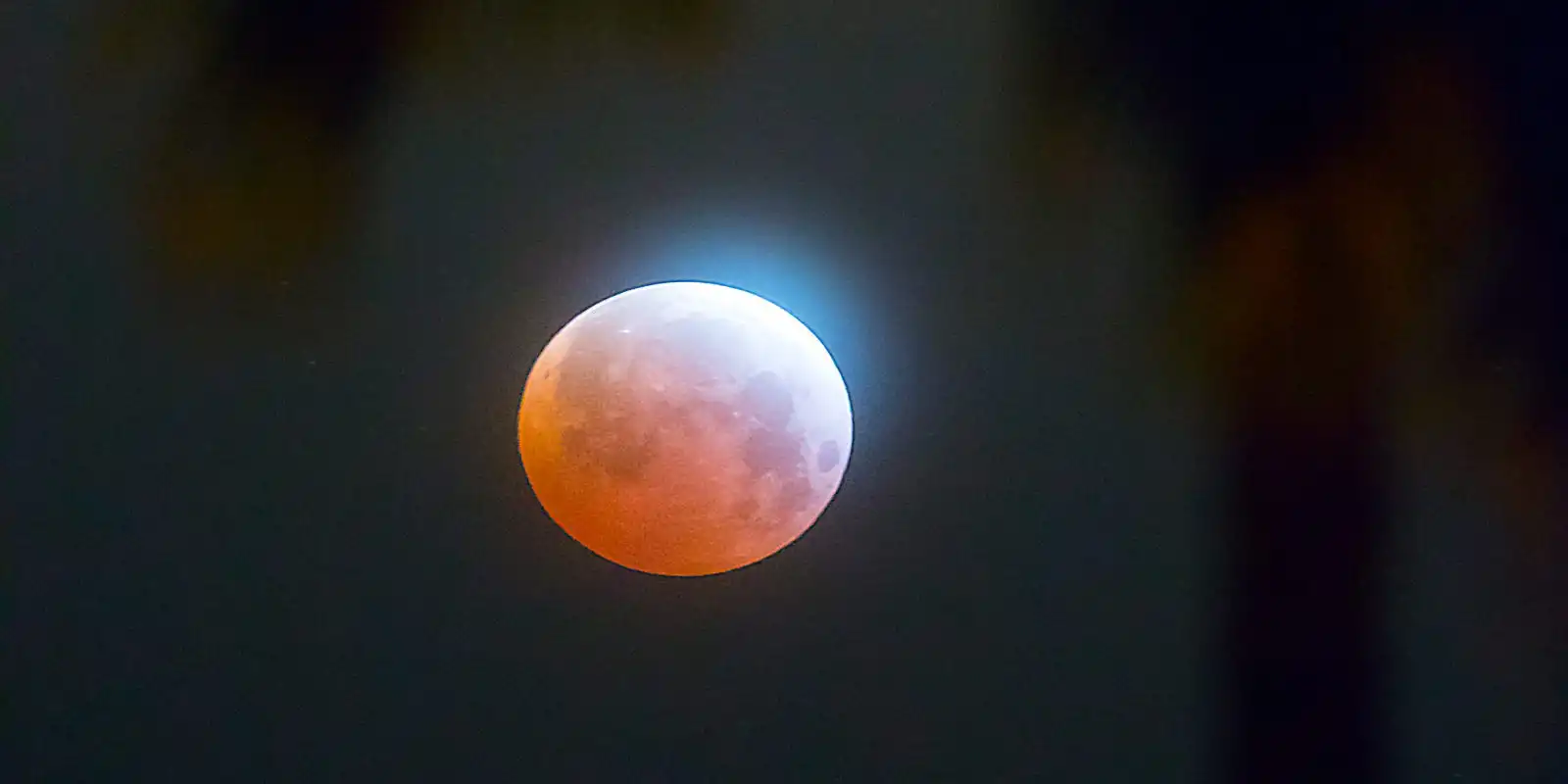Next Lunar Eclipse: Upcoming Full and Partial Eclipses in Arizona
Mark your calendars for the next lunar eclipses in 2024 and 2025. Witness Earth's shadow cast on the moon's surface.
Skywatchers eagerly anticipate the next lunar eclipse following the recent March 2024 penumbral lunar eclipse. The upcoming celestial event is set to take place on September 28, 2024, as the moon passes through the Earth's shadow, causing a dimming effect on part of its surface.
For those curious about total lunar eclipses, mark your calendars for March 14, 2025, when the Earth will completely block direct sunlight from reaching the moon, resulting in the captivating blood moon phenomenon with its striking reddish hue.
Lunar eclipses showcase a mesmerizing display of cosmic choreography as Earth's constant companion embarks on its shadowy journey. These celestial events occur when the sun, Earth, and moon align in a straight line during a full moon, with the Earth positioned in between.
During a lunar eclipse, observers can witness the gradual coverage and uncovering of the moon by the Earth's shadow, creating a visually stunning spectacle that can be observed with the naked eye.
On average, lunar eclipses occur once or twice a year, with variations influenced by the intricate geometry of the Earth, moon, and sun, as well as the Earth's axial tilt. While some years may witness multiple lunar eclipses, others may experience none at all.
The next partial lunar eclipse is scheduled for September 18, 2024, followed by the next total lunar eclipse on March 14, 2025, according to NASA. Total lunar eclipses, while not exceedingly rare, can vary in frequency, with approximately two to four visible from Earth in a decade.
Factors such as Earth's orbital geometry and atmospheric conditions contribute to the variability of total lunar eclipses. While these celestial events are relatively common compared to other astronomical phenomena, their visibility may be limited based on the moon's position relative to Earth and the local time of the event. Sky enthusiasts worldwide eagerly await the upcoming lunar eclipses, ready to witness the captivating dance of celestial bodies in the night sky.












Comments on Next Lunar Eclipse: Upcoming Full and Partial Eclipses in Arizona